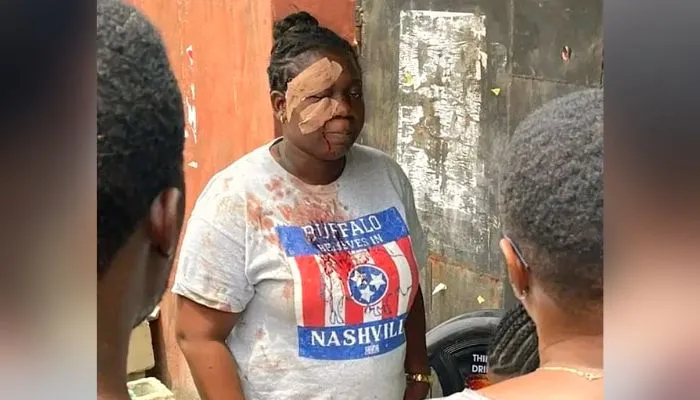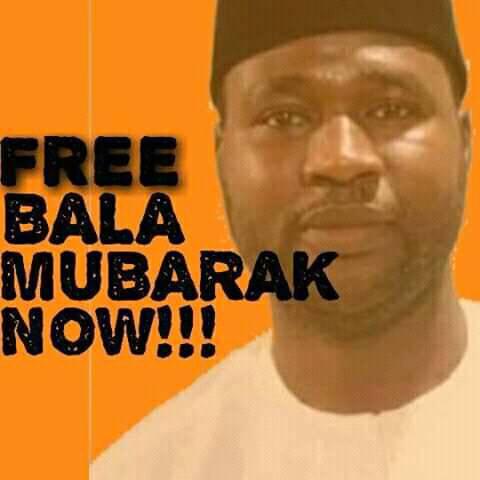
by Oyindamola Martins
Election violence in Nigeria has been a recurring problem for decades. The country has a history of political unrest, and tensions often rise during election periods. Since the first election in the county in 1923, election violence has taken many forms, including but not limited to physical violence, destruction of ballot boxes, threats, intimidation, electoral fraud, and even the loss of life. This has had a deplorable impact on Nigeria’s democracy and her citizen.
There has been a continuous decline in the credibility of the electioneering process and the 2023 general elections were not an exception. There were high hopes, especially from the backdrop of the use of BVAS and IREV or the promise of its use by INEC in the buildup to the election.
Back to the issue of electoral violence, various factors have been highlighted in the past to contribute to the menace. These include poverty, high unemployment rates, political corruption, and religious and ethnic tensions. This, coupled with the lack of effort to punish offenders has seen criminality displayed with reckless abandon. Particularly in the case of the 2023 elections, there was gravely tensed clime
In Lagos, the ethnic fabric between Yoruba and Igbo people was overly stretched as the parlance of Lagos being a “no man’s land” was redefined by ethnic bigots, with carefully crafted propaganda and Public Relations experts who drew up so much ire from the numerically superior Yoruba people that Igbo people or those who looked like them were in danger of being lynched or maimed.
The governorship candidate of the Labour Party (LP), Gbadebo Rhodes-Vivour was singled out and victimized, even by educated folks because he had an Igbo mother and wife, even though is ancestry as an indigene of Lagos can be easily traced from 200 years ago. Many tactics of the ruling and opposition party (APC) were targeted at discrediting the LP candidate as a loyalist to the Igbo cause of taking over Lagos. In many cases, they even went as far as tagging him with IPOB agitations and the violence followed the ENDSARS protest in Lagos in 2020, which culminated in the massacre of numerous unarmed peaceful protesters.
The tone for the violence that emanated during the 2023 gubernatorial elections in Lagos was set by the growing tension between these two tribes. Also, it was a follow-up of the contest between the Presidential candidates of the APC and LP where the latter defeated the “Landlord of Lagos” at the polls in Lagos. A few days before the gubernatorial elections, a popular loyalist and army of the APC structure in Lagos, MC Oluomo was taped issuing threats to the Igbo residents of Lagos. He asked therm to only come out tpo vote if they would be voting APC on Election Day. It was a rude shock to hear the Police coming forth to trivialize such a potent threat as a mere joke.
During the elections, several disturbing situations were recorded in pockets around Lagos. Igbo-dominated communities were brazenly seen to be under attack and a classical instance is the Abule-Ado, Ojo in Lagos. On Saturday, the residents who are mainly Igbos resisted the entry of thugs who invaded the estate to cause mayhem chasing them with dogs and with the aid of their estate security personnel.
After the elections on Sunday, thugs were reported to have attacked and injured many in that same estate because they voted against the ruling APC. Furthermore, there were reports of armed thugs brandishing IDs of the ruling APC at polling unit 003 in Bestford/Ganiyu Yusuff Street, Oke-Afa, Ejigbo in Lagos State where they attempted to cart away with the ballot boxes and destroyed thumb printed ballots in the process.
Many individuals reported cases of threats and disenfranchisement at their polling units on grounds of being an Igbo man or woman or for resembling them. Several Yorubas were reportedly denied exercising their civic right merely for being mistaken for Igbo descent. Hot spots where these cases were reported included Surulere, Oshodi, and several pockets around Ikota.
This further buttresses the fact that electoral violence is deeply enshrined in the Nigerian political culture. As a matter of fact, it is arguably the most potent tool in the arsenal of the average Nigerian politician. Thugs and violence are tools deployed either to score points or to ensure victory.
Will election violence be a thing of the past in Nigeria, it’s too early to tell or say. I guess we’ll have to wait and see.
I dare to hope.




Comments (1)
Banjo Muhammedsays:
July 2, 2023 at 1:28 pmAccurate article